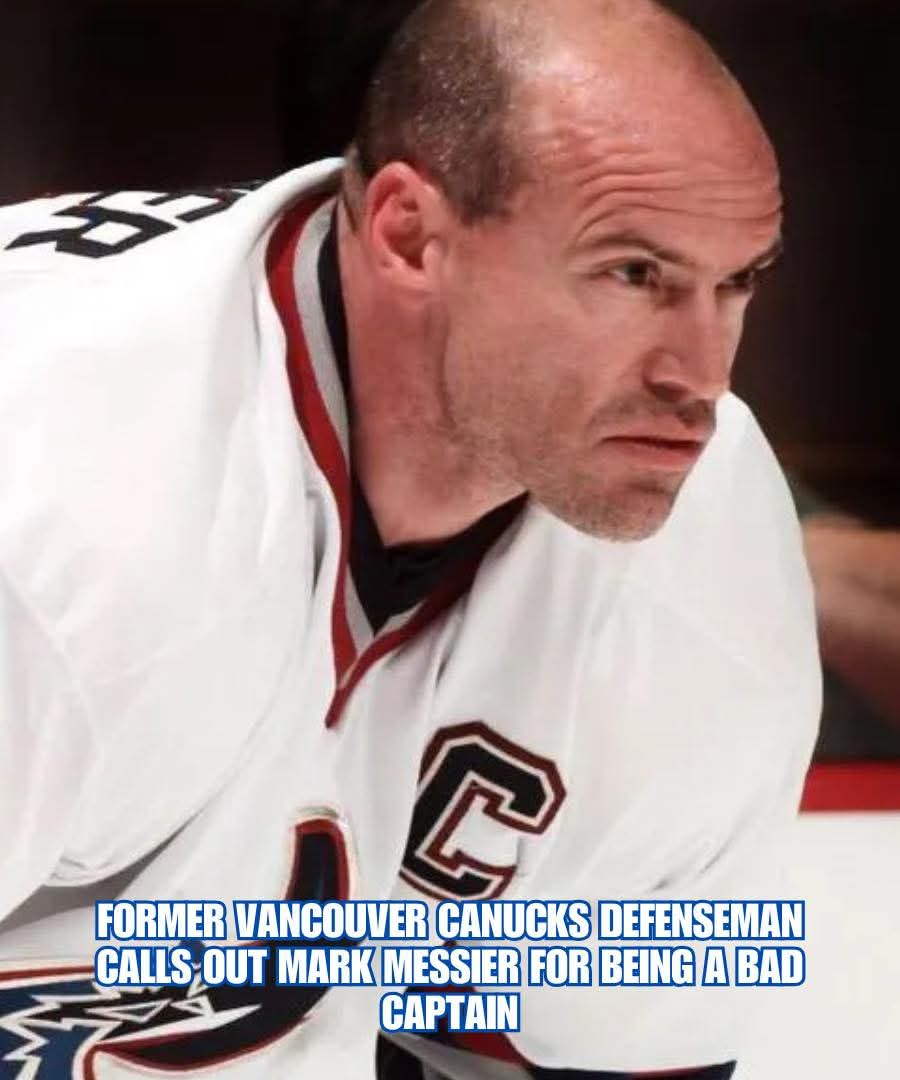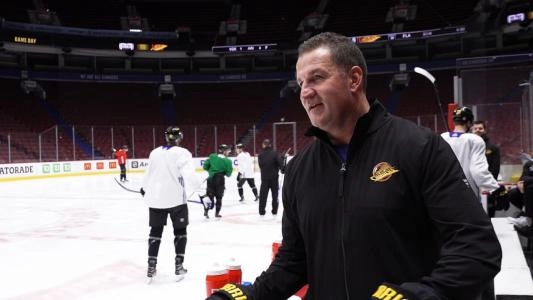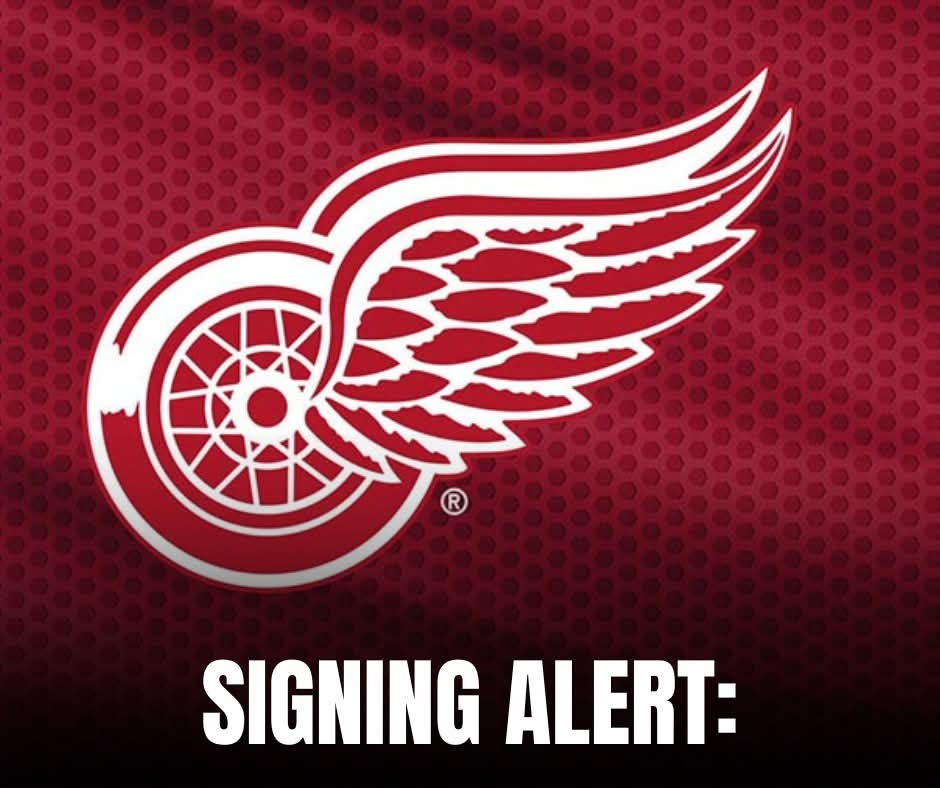Former Vancouver Canucks captain Mark Messier, seen warming up for an NHL game, remains a controversial figure in the team’s history. In a recent interview, former Canucks defenseman Dana Murzyn criticized both Messier and his former head coach Mike Keenan for dismantling the team’s chemistry and direction in the late 1990s.
The Vancouver Canucks have had their share of locker room conflicts, with the recent tensions between Elias Pettersson and J.T. Miller making headlines. However, Murzyn’s comments shed light on similar struggles within the team decades ago. His remarks suggest that the franchise has historically battled internal divisions, particularly among its top players.
The Canucks made a major splash heading into the 1997 NHL season by signing Mark Messier, one of the league’s most celebrated players. Messier, a six-time Stanley Cup champion at the time, was brought in to lead Vancouver into a new era. Along with signing him away from the New York Rangers, the team also made the controversial decision to name him captain immediately. This meant stripping the “C” from Trevor Linden, a beloved figure in Vancouver hockey history, and demoting him to an alternate captain role.
On paper, the decision seemed logical. Messier was a proven leader, having captained the Rangers to a Stanley Cup in 1994, and he had already built a legendary career with the Edmonton Oilers. However, according to Murzyn, Messier’s arrival fractured the locker room instead of uniting it.
Dana Murzyn Blames Messier and Keenan for Destroying Team Chemistry
In his interview, Murzyn expressed frustration over how Messier came in and immediately asserted control over the team’s structure. The former defenseman accused Messier of demanding to be the focal point of the franchise rather than integrating into the established system. Additionally, Murzyn claimed that Messier played a key role in selecting Mike Keenan as the team’s head coach, a move that he believes further derailed the Canucks.
“You had a Hall of Fame player who felt he could be a first-line center when, in reality, if he had slotted in at third line and not blown everything up, I think we would have been a better team,” Murzyn explained. “The team almost became about Mike and Messier and not the Canucks.”
Murzyn’s criticism didn’t stop at Messier. He went on to make it clear that his dislike for Mike Keenan was even stronger, blaming the coach for the chaos that followed.
“I’m not a big Mike Keenan fan at all,” Murzyn stated bluntly, adding that Keenan’s arrival caused massive disruption within the organization.
Murzyn’s sentiments are not new. Other former Canucks players have voiced similar frustrations over the years. Enforcer Gino Odjick echoed the same disappointment back in 2020, labeling Messier’s tenure in Vancouver as disastrous.
“It was a disaster for us when he came to Vancouver,” Odjick said at the time.
The Messier-Keenan era was marked by significant roster turnover and internal turmoil. The organization catered to their new star player and head coach, making decisions that ultimately hurt the team in the long run. One of the most devastating moves was trading Trevor Linden, a cornerstone of the franchise. Linden had been a leader and fan favorite, and his departure symbolized the drastic shift in the team’s identity.
Despite these drastic changes, the Canucks failed to achieve success under Messier’s leadership. The team struggled on the ice, and the moves made to appease Messier and Keenan did not translate into wins. By the time Messier’s tenure in Vancouver ended, the Canucks were left in a worse position than when he arrived.
Lessons for the Canucks Today
Murzyn’s comments serve as a reminder of the dangers of internal division within a hockey team. While the situations are different, some parallels can be drawn between the Messier era and the current tension involving Elias Pettersson. The Canucks must learn from past mistakes and prioritize team cohesion over individual egos.
The hope for Vancouver fans is that the franchise does not repeat history. Instead of making drastic moves that could shake the foundation of the current roster, management must focus on keeping their core intact and building toward a Stanley Cup championship.



